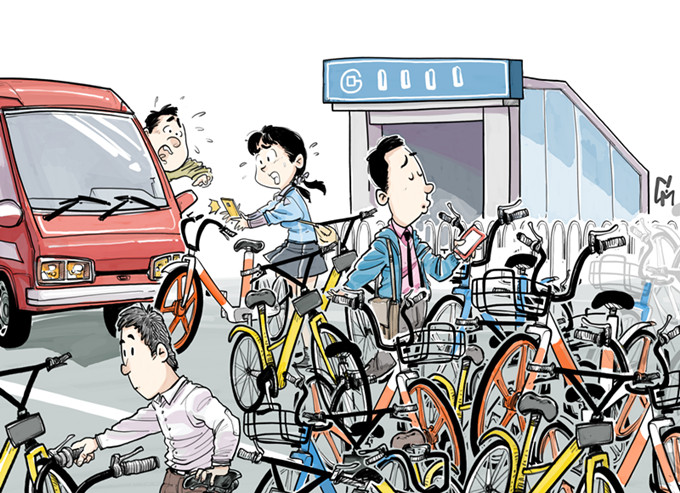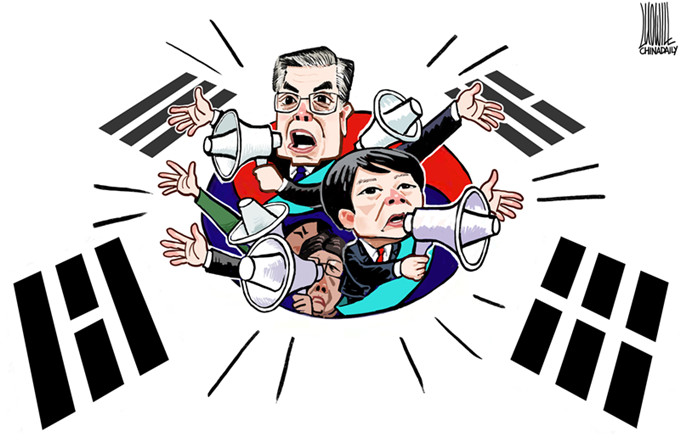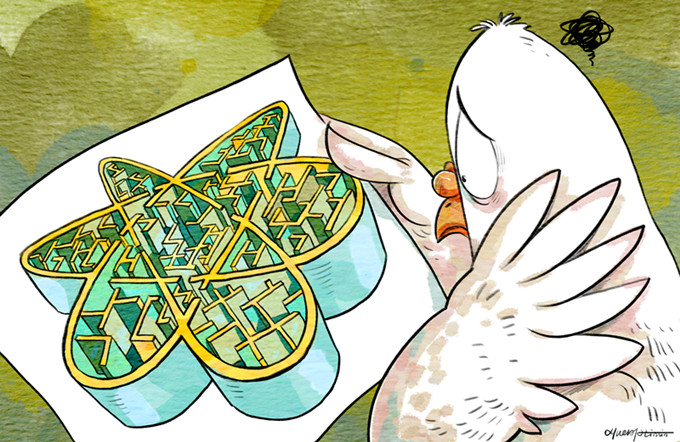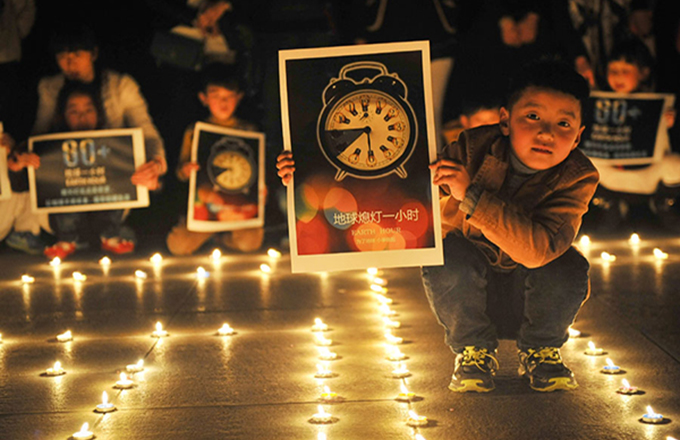Careful handling of hot potato
China is under mounting pressure from an influx of short-term capital, as is indicated by a newly increased 1.22 trillion yuan ($198.4 billion) in its funds outstanding for foreign exchange in the first quarter, a big increase on the 494.6 billion yuan for the whole of last year. The country's capital and financial account surplus has also soared, to $101.8 billion in the first quarter of this year, up from only $20 billion in the fourth quarter of last year.
Short-term capital, other than direct investment and securities, has constituted the lion's share of China's newly increased capital influx in recent months. This speculative capital has chosen to flow into China mainly through transfer pricing in trade transactions, especially through over-reporting of export volumes, instead of via normal financial channels. The evidence is China's unbelievable year-on-year export growth over the past months, a growth that has drawn wide speculation.
In the context of lingering contraction in its external demand, the 25, 22, 10 and 15 percent year-on-year monthly export growth China has reported from January to April has prompted widespread doubts considering Asian export competitors, such as the Republic of Korea, have suffered export slumps over the past months. Data released by China's main export destinations also show that their imports from China are much less than China has reported. A majority of domestic oceangoing shipping companies engaging in international trade have also reported gloomy performance over the past months. All these, together with China's feeble purchasing managers' index, a protracted recession in the world's major economies and a fast rise in the yuan's effective exchange rate, mean China is not on a sound foundation for robust export growth.
China's good-looking export figures are possibly the result of some domestic exporting enterprises over-reporting their export revenues as a way of gaining more export refunds from the government. The possibility also cannot be ruled out that some local governments have played a role in beautifying local export performances in order to meet their promised export growth targets. Renewed expectations for the yuan's appreciation since the end of 2012 and the considerable rise in domestic property prices have also attracted the flow of a large volume of short-term capital to China via false trade deals.
Some believe that the latest influx of speculative capital will only last half a year. Due to the further deceleration of China's economic growth that is expected in the latter half of this year, a possible adjustment of domestic property prices and the decline in appreciation pressure on the yuan, along with a possible withdrawal of the US Federal Reserve from its years-long monetary easing policy, China, they believe, will experience an outflow of short-term capital in the latter half of this year, such as the one it experienced in 2012.



















